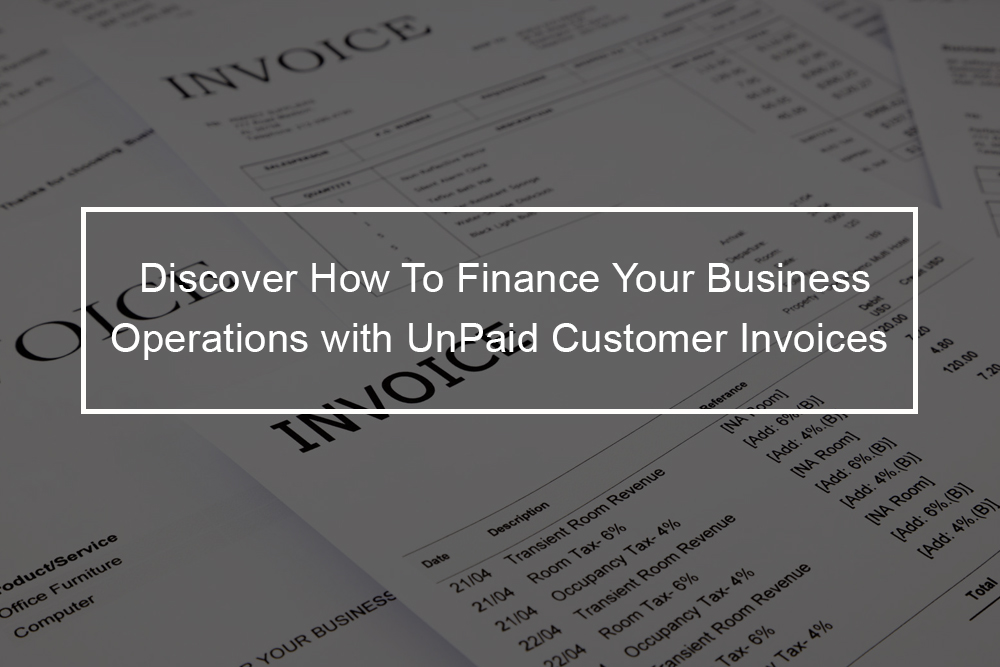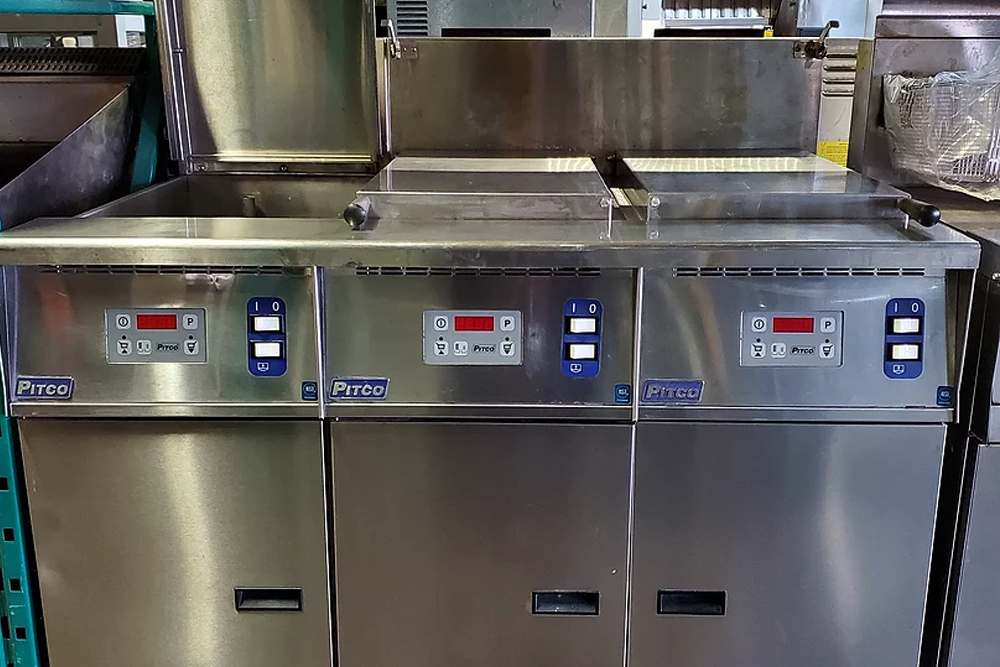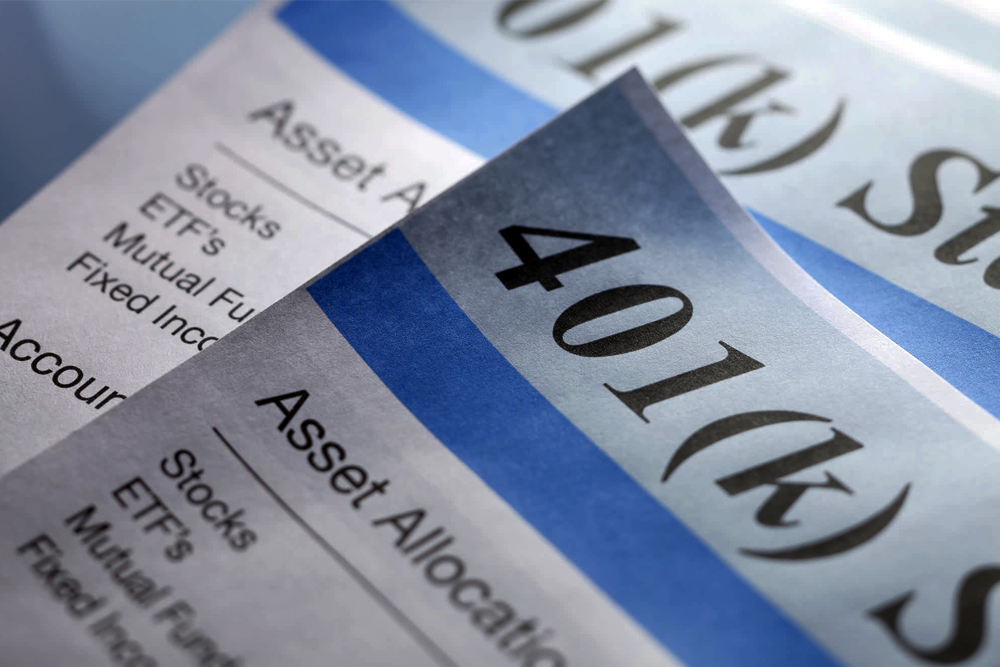Small businesses can turn their unpaid customer invoices into fast cash with invoice factoring and closely related counterpart, invoice financing. These financing options are best for business owners whose customers and clients don’t pay for services or goods right away but who need cash now to run their business. Here is all you need to know about invoice factoring and invoice financing.
What is invoice factoring?
Typically, invoice factoring is a type of debtor finance and financial transaction. In an invoice factoring agreement, a company sells its accounts receivable (invoice) to a third party (known as a factor) at a discount. A business will often factor its receivable assets to meet its immediate and present cash needs versus waiting for payment depending on original contract terms. A business can also use factoring invoices to mitigate credit risk. You might also think of factoring as invoice factoring, accounts receivable factoring, and sometimes erroneously accounts receivable financing. Generally, accounts receivable financing is a kind of asset-based lending (ABL) utilizing a company’s accounts receivable as collateral.
How does invoice factoring work?
Step 1: Your B2G or B2B business offers services or goods to larger creditworthy clients and submit accurate invoices.
Step 2: Your business needs to be paid sooner than agreed terms( for instance, thirty to ninety days) with your customers.
Step 3: Your business sells its unpaid invoices to an invoice factoring company based on a factoring agreement.
Step 4: The factoring company confirms the invoices are valid with the B2G or B2B company receiving up to 90-percent of the invoice amount. After the account is set-up, payment can be as fast as within one day.
Step 5: The larger creditworthy clients make payment directly to the factoring company based on the invoice terms. The factoring company will then pay the invoice’s balance back to the B2G or B2B business without a fee.
What are invoice factoring pros and cons?
Like any business financing option, invoice factoring is not perfect. It has its pros and cons. Here we cover the most important advantages and disadvantages of using invoice factoring.
The pros of invoice factoring
The most notable advantage of invoice factoring is that you can get the money owed to your company without waiting for customers and clients to pay you back. Below, you will find other specific benefits that come with invoice financing.
- Fast cash: Invoice factoring can offer instant working capital to assist cover a funding gap resulting from slow-paying clients.
- No collateral is needed: Invoice factoring is unsecured funding, which indicates it doesn’t need collateral — an asset like inventory or real estate that the lender can seize if you fail to pay.
- Improved cash flow: Typically, with invoice factoring, you can keep loyal customers on longer payment terms and still improve your cash flow to assist you in growing your business.
- Easy to be approved: Invoice factoring offers financing to businesses that might not be able to get the funding from other sources, like a traditional bank, due to poor personal credit, a lack of collateral, or a limited operating history. Generally, factoring companies care only about the value of the invoices you are looking to factor and your customers’ creditworthiness.
- Ability to outsource this task: Let us face it contacting customers, and keeping track of outstanding invoices is time-consuming. Thus, giving those tasks to another company will take a significant task off your plate. You will have more time during the business day to manage other responsibilities, while the factoring company sets the terms and contacts your customers for payment.
- Improved customer relationships: Some of your tasks as a business owner can be difficult and frustrating. Debt collection is one of those responsibilities. By handing over this task to a factoring company, you will not look like the bad guy when it comes to collecting cash. This can help your business to maintain strong, positive relationships with clients. Hopefully, it will allow you to create longer-lasting client relationships, too!
The disadvantages of invoice factoring
Even though it is understandable that you want to get the money that is owed to your business, invoice factoring can come with some operational and financial disadvantages.
- High cost: The service can be costly. Typically, you must be on the lookout for hidden fees, like processing fees and application fees, for each invoice you finance, late fees, or credit check fees if your customer is past due on a payment. Late payments can cause a raise in your annual percentage rate, the annual cost of borrowing funds interest, and all fees included.
- Loss of direct control: Since the invoice factoring company might collect on the invoices directly, you have to make sure it is fair and ethical when dealing with your clients.
- Weak finances or customers’ bad credit could derail your funding: The factoring company might need to verify your clients’ creditworthiness. If the customers have a history of missed or late payments, or if the company has weak revenue, you might be denied for the financing. The factoring company anticipates getting paid back, just like other kinds of lenders.
- There is no guarantee of collection: There is no validity the invoice factoring company will successfully collect on your unpaid invoices. As long as it is a recourse factor, the factoring company might require you to buy back the unpaid invoice or replace it with one of equal or greater value.
Invoice factoring versus invoice financing
Now that you have learned the benefits and cons of invoice factoring, it is essential that you also know about invoice financing, which is a similar option. With invoice financing, sometimes known as accounts receivable financing, your invoices are bought by the lender; however, you will have to pay a percentage of the customer’s balance. The invoice financing company will then work on collecting the customer’s payment. After they receive it, the remaining amount of money is factored back to your company business. This amount will not include fees that were acquired.
Both invoice financing and invoice factoring can be useful, but it is important to determine which solution makes more sense for your business. Provided you want more control over collecting your outstanding balances, invoice financing may be the best option. Nonetheless, if you want to avoid spending time contacting your customers about the outstanding balances, invoice factoring could be a better option.
What is the difference between a bank loan and invoice factoring?
When understanding invoice factoring, it is vital to remember that invoice factoring differs from borrowing in companies that sell accounts receivables instead of merely acting as collateral. The net result is that your business can change its receivables into instant operating cash. That way, your business will not have to wait thirty, sixty, or ninety days or more for your clients to pay.
Non-recourse factoring provides the added benefit of assurance against bankruptcy or insolvency. Only the best, most experienced factoring companies can offer non-recourse to their customers. This is mainly important in today’s economic environment of unpredictability. Expect the unexpected as business owners and entrepreneurs must be diligent in protecting their own livelihoods and interests.
The invoice factoring process places the cost, time, and effort of the money collection into the factoring company’s hands. Invoice factoring offers you the time to concentrate on what you do best-run your business. Your business gets the cash it needs when it needs it, so you can best manage your business. Invoice factoring can be an appropriate solution for companies that require money fast but cannot obtain a conventional bank loan. The majority refers to business factoring by several names like invoice discounting, debtor financing, and receivables factoring.
Good invoice factoring companies will investigate the credit history of the seller’s clients before buying the invoices. Factors will need to be confident that these businesses have a history of paying their bills. The factor will also offer non-recourse factoring. Non-recourse protects your business in the case of your customer going insolvent during the transaction duration. Fully understanding invoice factoring is an excellent way for companies to infuse cash into their businesses without additional loans. By selling their AR at a discount, these companies can get money without waiting to collect it themselves. Generally, receivable finance is a great funding solution for most industries, including importers, distributors, staffing, and trucking.
Conclusion: Is invoice factoring right for my business?
Not every financing option works well for all small businesses. Whereas invoice factoring might be great for some businesses, your business should also explore SBA loans, business lines of credit, business loans, and cash advances, just to name a few examples. Generally, invoice factoring works well for business owners that require money faster, can afford the charges that come with trading invoices to a third party, and have reliable clients that have a history of paying invoices on time. If this sounds like your company, you might benefit from an invoice factoring option!












